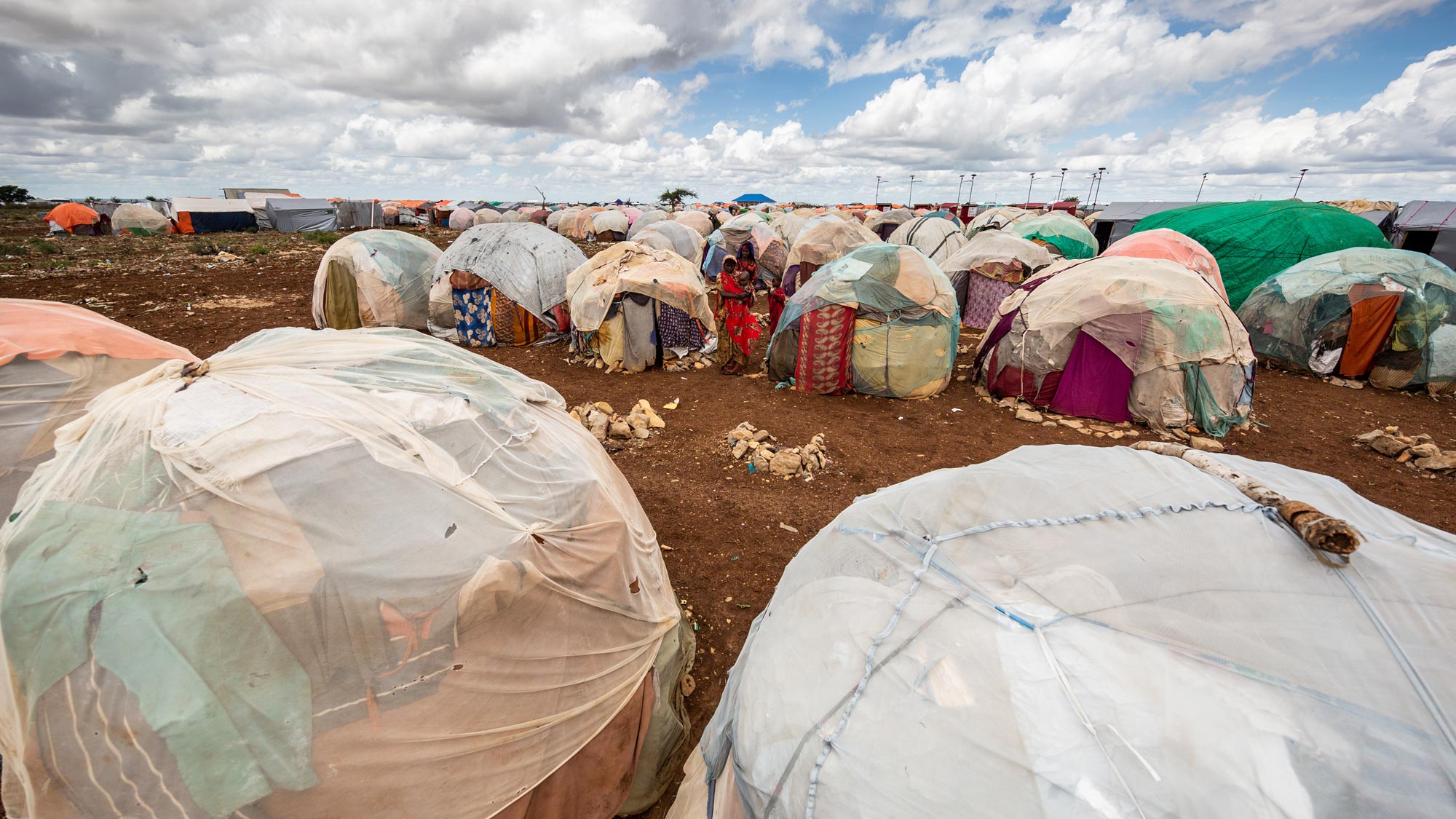
photo credit: sntes / Shutterstock.com
In vulnerable states like Somalia, safeguarding against sexual exploitation, abuse, and harassment (SEAH) is a critical concern. As the Third-Party Monitoring and Learning partner on the FCDO’s Somalia Monitoring Programme III, our team is undertaking research to inform the implementation of safeguarding strategies where FCDO-Somalia operates its development programmes.
Our study aims to enhance the FCDO’s understanding of the nuance of safeguarding reporting, including how communities view safeguarding incidents and the extent to which community definitions of safeguarding align with the FCDO’s. We will also look at how downstream partners understand and deliver safeguarding policies and reporting mechanisms and capture the communities’ preferences for safeguarding reporting.
In line with UK Strategy Document on Safeguarding, this research initiative supports the UK’s commitments to providing necessary help to survivors, victims and whistle-blowers, while improving accountability and transparency, strengthening reporting, and tackling impunity. Our efforts contribute to ensuring that every programme team and implementing partner have robust policies and plans in place for SEAH prevention and reporting.
To lay the groundwork for effective safeguarding in Somalia, we are undertaking an in-depth study focused on two key areas. First, we will assess the systems that the downstream and delivery partners have in place to prevent and respond to safeguarding issues within the local context, and the awareness of staff on how to apply them. Our findings will help inform programming decisions and resource allocation related to SEAH. Second, we will explore community preferences in safeguarding reporting, including their understanding of existing reporting mechanisms and the barriers they may face in reporting incidents. Understanding community-level dynamics in safeguarding will assist to identify gaps in their awareness of safeguarding practices and trust in formal reporting channels.
In the upcoming months, our team will carry out data collection, which will involve conducting interviews with downstream partners, community leaders and community members. This study will help the FCDO to ensure their programmes’ safeguarding reporting protocols are effective, accessible and culturally relevant.